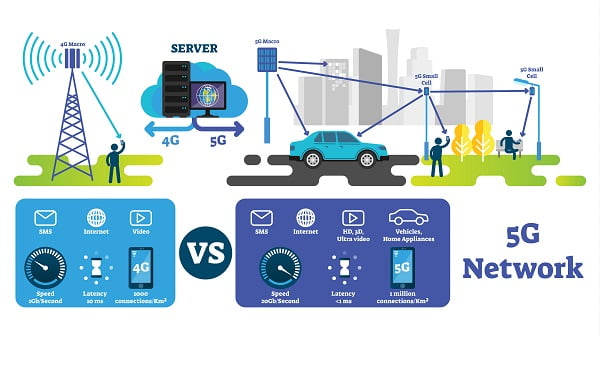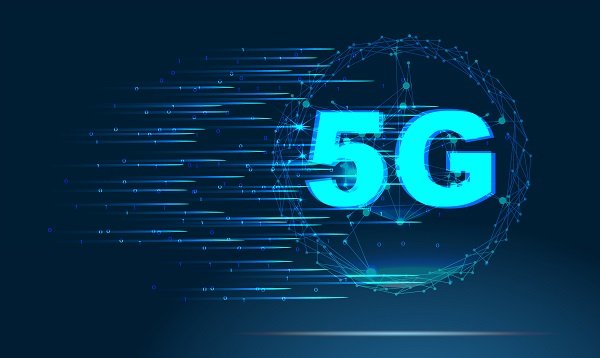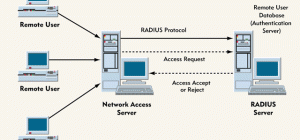The hottest new piece of cellular technology, 5G is busy making the headlines. Why wouldn’t it be? It is going to be the new and improved successor of 4G, promising more reliability in browsing speeds and network coverage than ever before.
There are no qualms about the introduction of 5G either. With so many devices with internet access, there is a dire need to provide more bandwidth to users. While 4G might have provided that bandwidth back in the day, 5G will provide it for the future.
5G is unique in its own way, powered by different sorts of antennas, operating on different frequencies, but best of all, has the ability to provide a stable connection to the internet, with high speed and fewer delays.
But all of this is good for marketing and PR. What we are interested in is how much better would 5G be, if compared with 4G?
The aim of this article, therefore, is to highlight the ways in which 5G will triumph over 4G, by taking into account a variety of different factors.
5G VS. 4G
 The introduction of new technologies is always for a reason. People would not be buying it or, in our case, subscribing to it if the technology did not solve a particular problem or improve upon its older version.
The introduction of new technologies is always for a reason. People would not be buying it or, in our case, subscribing to it if the technology did not solve a particular problem or improve upon its older version.
With 5G, the improvement borders primarily on the enhanced radio frequencies that it brings to the table. Such a frequency has the ability to achieve feats of speed that its predecessor, 4G, could not.
The frequencies in this regard, are not just limited to simply provide speed, they are broken up into levels. Each level has a unique feature that improves as you move towards higher frequencies. In the case of 4G, which uses a miniscule 6GHz of frequency, its 5G successor can use frequencies ranging from 30 to 300 GHz.
That was just about the radio frequencies. There are many other factors that we will use in our discussion. Let us begin with the very basic: speed.
5G: Providing lightning fast speed
Perhaps the first thing that comes to a person’s mind with the introduction of 5G is increased speed. While 4G networks, backed by LTE technology can handle data rates at 1GB, 5G can support a range from 5 – 10 Gigabytes per second. And that is only on mobile devices.
The actual prowess of 5G shines brightest with its support for 4K multimedia, its ability to power up Augmented Reality (AR) and Virtual Reality (VR) applications that have a substantial requirement of data to work properly.
As far as speed go, there are also promises to increase the speed of 5G to accommodate above 40, and even above 100 GBPS in the foreseeable future.
5G: Lowest Latency to date
To the regular reader, latency might not be that important, but to many in the field, latency counts for a lot.
Latency is basically the measure of time it takes for one signal packet to reach from one network to another network. It is similar to the transference of signals from one phone to another during a phone call.
With 4G, latency was going at a rate of 200 milliseconds. In comparison, 5G, while being in its testing phase showed a latency of approximately 2 milliseconds.
The lower the latency, the better the performance for a network that will have the potential to power self-driving cars, perform drone operations, and much more.
5G: Indeed, Advanced
With the use of advanced network properties like MIMO, millimeter waves, and device to device networks, there is no doubt that 5G technology is indeed advanced.
But the most important factor that makes 5G advanced is the concept of Wi-Fi offloading, which helps reduce the load on base stations, resulting in efficient data transfer.
4G, on the other hand, uses technologies like Quadrature Amplitude Modulation, which is pretty outdated for modern times. The primary consideration for 5G thus is to introduce better and faster Amplitude Modulation technologies.
5G: Providing connectivity, on the cloud
Cellular network technologies of the past required a costly, and high maintenance system of Radio Access Networks (RAN). Needless to say, they were quite complex and highly inefficient.
5G has come to the rescue by making RAN obsolete with the introduction of a Cloud-based RAN, which promises to provide more efficiency. With cloud-based access, you do not have to move to a certain position to get a faster network connection.
5G: The dawn of IoT applications
This is perhaps the most important factor in our discussion. With 4G, IoT (Internet of Things) applications were incompatible due to slow internet speeds. As a result, people had to use regular fiber cables to power their IoT devices. This meant that a lot of cabling had to be done which, as we all know, is a costly endeavor all on its own.
5G’s potential to provide higher internet connectivity compliments IoT in the best of ways. The quest for a smart home that has zero cables might eventually become a reality. We can even go so far as to say that in a couple of years, the regular folk will not be able to identify a fiber or a coaxial cable!
5G: Reliability to the max
Don’t you just hate it when you do not get the speed you were promised? Well, 4G faced a lot of criticisms about not being reliable enough or not providing enough speed.
The 5G devices, such as the new Qualcomm modem, promise a reliable and always connected solution that caters to all your internet connectivity needs.
Moreover, 5G will have the potential to handle data at a massive level. It will have the ability to connect hundreds of devices, making 5G a reliable and scalable venture.
Conclusion:
5G certainly has a lot of potentials when compared with 4G that much is clear. However, one thing we would like to point out that while this article might have been simply praising for 5G, we do not think that the technology will be that as a promised for a couple of years at least.
There still exist, plenty of bugs and problems with regards to the set-up and subscription costs of 5G. In the beginning, it might be too expensive for regular folk, but in time, it might be available to the masses.
Contributed byhttps://www.shireeninc.com/









